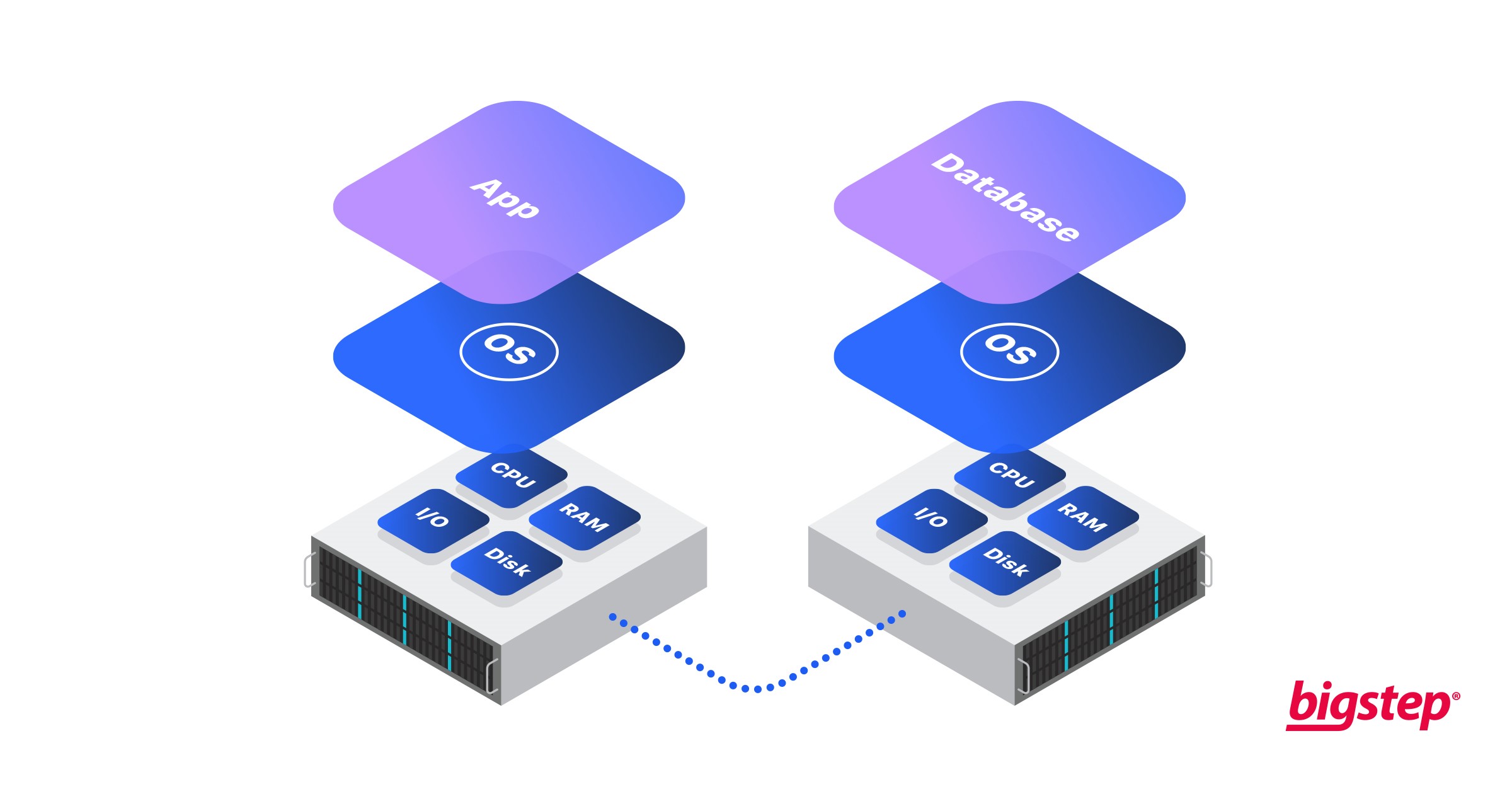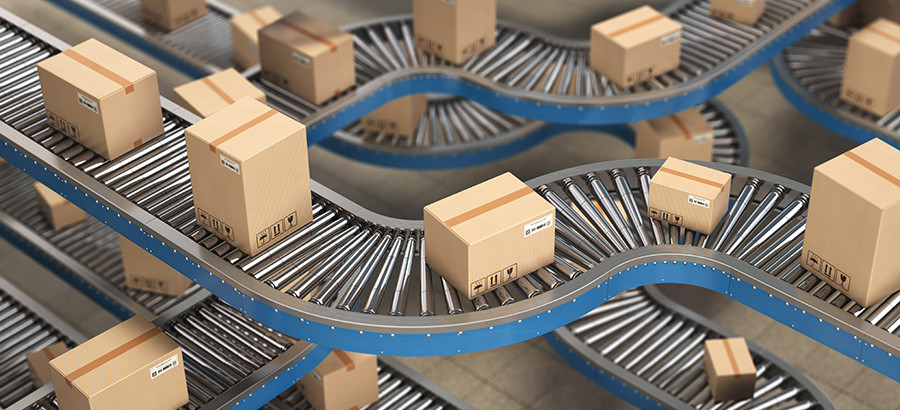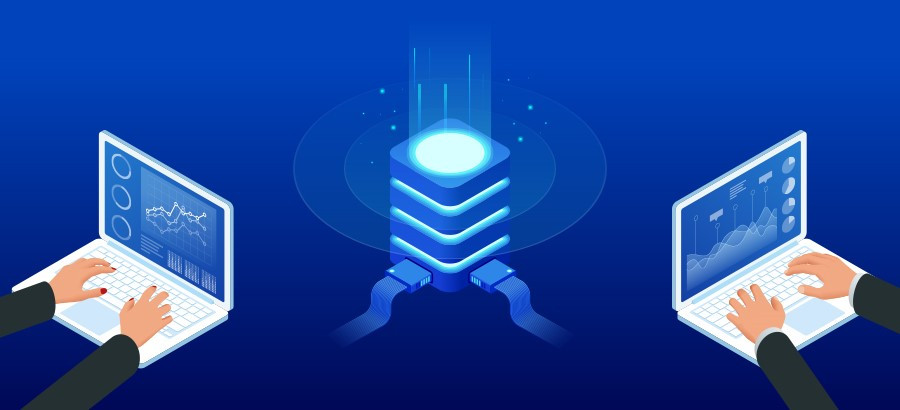- Advertising
- Bare Metal
- Bare Metal Cloud
- Benchmarks
- Big Data Benchmarks
- Big Data Experts Interviews
- Big Data Technologies
- Big Data Use Cases
- Big Data Week
- Cloud
- Data Lake as a Service
- Databases
- Dedicated Servers
- Disaster Recovery
- Features
- Fun
- GoTech World
- Hadoop
- Healthcare
- Industry Standards
- Insurance
- Linux
- News
- NoSQL
- Online Retail
- People of Bigstep
- Performance for Big Data Apps
- Press
- Press Corner
- Security
- Tech Trends
- Tutorial
- What is Big Data
Why Bare Metal Servers for E-commerce Databases?
Each e-commerce business has its specific challenges. While you know what features you want your online retail website or app to have, you’ll also need to consider the database design. The database and server you choose need to suit your business plan and provide the performance and uptime that any successful business has. Using a scalable, secure, performant, and highly available database design and bare metal server can support your company’s future growth.

What Features Should Your E-commerce Database Have
Scalability. Your database should provide resiliency at scale, and should be able to grow along with your business. Not only that, but it should also be able to handle traffic spikes (just think of running a social media campaign when more customers than usual will access your e-commerce website or app!).
Functional Data Structure. The database structure should be simple yet cover all the necessary functionalities.
Data Autonomy. Your business data is your most valuable asset. You should have control over it, irrespective of which type of hosting you choose: public cloud, private cloud, dedicated server, bare metal server, or in your own data center.
Security. To avoid breaches or data leaks, your database should benefit from top security. You don’t want to end up online as one of the companies that leaked private information, especially since the introduction of the GDPR policy in the EU.
Performance. Google states that as page load time goes from 1 second to 3 seconds, bounce rate probability increases 32%. You’ll want your server and database to work seamlessly and handle a high influx of traffic at any given moment. Database queries should execute quickly to provide a great shopping experience for your customers. Similarly, your database should have good indexing and performance optimization options.
Proprietary database use can cause vendor lock-in (for instance, using Amazon Aurora) so you should avoid it if you don't want to make it difficult to switch providers or migrate your database and server infrastructure.
High Availability. Last but not least, your shop can’t sell anything if the website, app, or database is down. You’ll need to have close to 100% uptime, guaranteed.
Backup. It’s 2021. I don’t think we need to restate how important database backup is.
Due to these factors, we generally recommend that your website or app is hosted on one server and the database on a different server. A database that runs on its own dedicated server will always perform better than a database that uses the resources of a server with multiple services on it.

The Five Types of Databases
Before discussing the best databases for e-commerce, let’s see the five main types of databases:
Relational Databases (i.e., PostgreSQL, MySQL, MariaDB, Oracle) are similar to spreadsheets, function with rows and columns called tables, but data relates to other data. In the case of e-commerce, you may have a table of customers and a table of orders, where each order relates to one customer.
Non-Relational Databases (NoSQL databases, i.e., CouchBase, MongoDB, Apache Cassandra) – are non-tabular databases with flexible schemas that benefit storing unstructured data. Most of the biggest online retailers use this type of database design (for instance, eBay).
Document or Key/Value Databases (i.e., MongoDB, Apache CouchDB, Redis) – where each unique item in a database is assigned a “key” that is used as an identifier.
Cloud Databases – are more of a hosting option rather than just databses, and you’ll need to trust a third party with all of your data.
API Databases (or application programming interface database) - your e-commerce site connects to a third-party company via its API to store and retrieve data.
Although this division makes it easier to discuss databases, features of one type of database can be borrowed by others; there are solutions on the market that combine features altogether, and most of them are open source.
Moreover, no one stops you from using different types of databases for various purposes for the same e-commerce business.
Which Are Some of the Most Popular Databases Used in Ecommerce
Depending on how many products you have, how you built the backend, which features you have, and other factors, you’ll probably end up choosing one of the following: MySQL, PostgreSQL, MariaDB, MongoDB, Cassandra, Couchbase, or Redis.
These databases might not be compatible with other databases, and might also not be compatible with different versions of the same database. Similarly, the backend of your website or app might not be compatible with the database you choose.
You’ll need to check different options yourself before deciding to go on a certain route, or to resort to industry experts to suggest the best option for your online store. Here is where our system administrators can collaborate with your developers.
Remember! Modern backends (for instance, the latest versions of Magento, Prestashop, WooCommerce, Shopify) allow the use of the latest database services, which provide a significant performance boost.
Why Bare Metal Servers for E-commerce Stores?
One of the most important infrastructure features for a successful online retail business is scalability: being able to scale up or down according to particular needs, and paying only for what you use is a great asset to have.
From a database perspective, single-tenant dedicated bare metal servers provide you with all the requirements necessary for your database to work well: security, performance, and high availability.
However, if you want to further benefit from additional services, Bigstep Metal Cloud combines the scalability and flexibility of the cloud with the high performance and security of physical machines.
For more information on e-commerce platforms and server specs for online retail, download our free guide.
Readers also enjoyed:

Get Your E-commerce Business Ready for Future Online Adventures


Leave a Reply
Your email address will not be published.